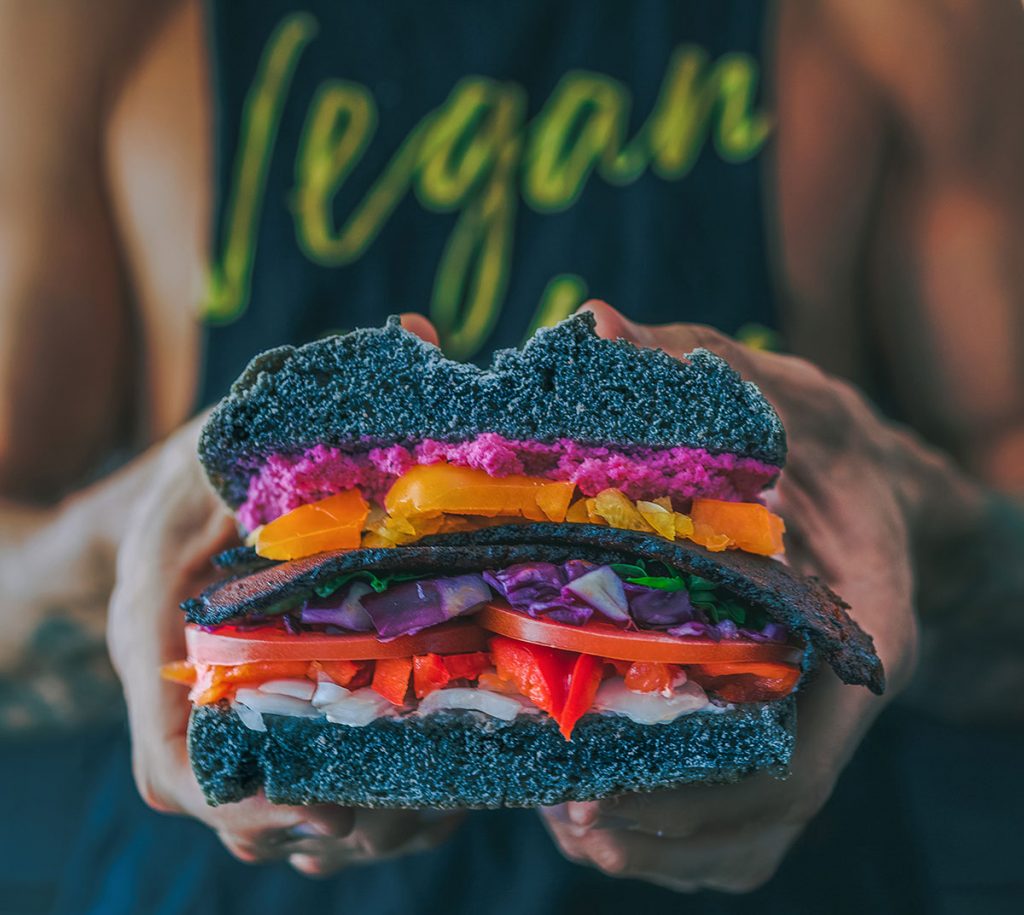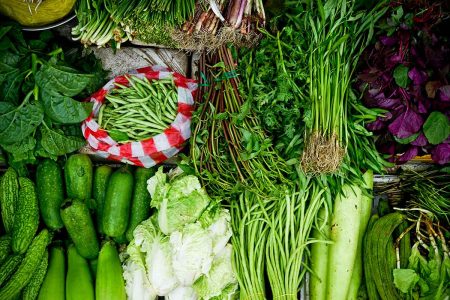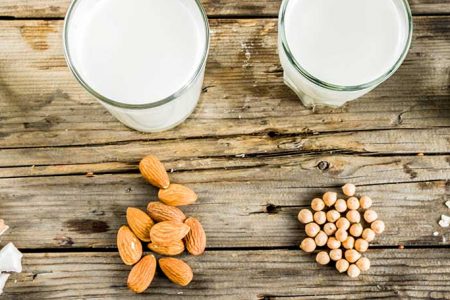If you haven’t seen The Game Changers, put it on your to-do list right away. It was the best-selling documentary of all time on ITunes–within just one week! It is now free on Netflix.
The movie begins with some intense rap music and quickly transitions into a self-defense class at Camp Pendleton. We see Marine SWAT teams and Navy Seals. It’s intense–kill or be killed, nothing you or I will ever learn in martial arts. James Wilks, a mixed martial arts expert, is the teacher.
Wilks will be with us for the whole documentary, both narrating and telling his own story. Throughout the film he uses the experiences of vegan athletes to debunk one of our deeply held beliefs: that we cannot live and be healthy without meat-based protein.
It all begins when Wilks is injured sparring with another fighter, tearing ligaments in both knees. During his six month recovery, he read everything he could find on healing and nutrition, looking for anything that could help him get back on track as quickly as possible.
Stumbling across an archeology book, he read about a study done using the skeletons of Roman gladiators. In analyzing the gladiators’ bones, scientists found a high bone mineral density, consistent with intense training and a high quality diet. He learned that the gladiators were nicknamed “beans and barley munchers,” because that’s what they ate. The strontium levels in their bones validated that they were primarily vegetarian. This went against everything Wilks had been taught about nutrition.
From there, the documentary shifts to a mixed group of athletes, all at the top of their game–Olympic medal holders, Super Bowl winners, champions in their fields who are all on a plant-based diet, each telling their own story. It then quickly segues to a short clip with Dr. James Loomis explaining how carbohydrates fuel energy, not protein. Then, Wilks goes back to where the “meat” myth began, centuries ago, after which it flips once again to videos of current athletes as they cross finish lines and set new records for personal bests. Yes, all plant-based.
Decorated Olympic cyclist, Dotsie Bausch, said that when she transitioned to a plant-based diet, she didn’t know if she was going to be able to survive. Soon afterward, though, she said, “My blood flow increased, my digestion improved, my recovery time was cut in half, and I had teammates who were ten years my junior chasing me around the track.”

Dr. Robert Vogel, co-chair of the NFL’s Subcommittee on Cardiovascular Health, demonstrated how what you eat before you participate in an athletic event can have major impact on how you perform. He showed a direct correlation between food and the blood vessel lining which regulates how blood flows throughout out the body. The blood vessels know when a muscle group needs more blood flow and open up. When they’re impaired, they cannot expand.
One experiment involved three Miami Dolphins football players. Two were fed a breakfast with animal-based protein and fat; the third was served a bean burrito. The next day, all three breakfasted on bean burritos. Both days, their blood was tested after eating. In a test tube, blood will show red cells on bottom with the plasma rising to the top. Transparent plasma indicates everything is functioning well. These tests showed that after the meal of burritos, the plasma was clear. After eating animal-based protein, the plasma was cloudy, with a layer of fat on the surface. One animal based meal can impact blood flow for six to seven hours, whereas plants have the opposite effect, increasing blood flow.

Dr. Scott Stoll, a former Olympian and team physician for the USA Olympic Team, offered an extensive explanation of how different protein sources affect our bodies, our immune systems, and the inflammation in our bodies.
Wilks acknowledged that all the statistics were impressive, but his goal was to recover from the damage he’d done to his knees, and by this time he had proven to himself that a plant-based diet works.
Dr. Caldwell Esselstyn, Jr. (director of the Heart Disease Reversal Program, Cleveland Clinic), Dr. Dean Ornish (founder, Preventive Medicine Research Institute), Dr. Kim Williams (president, American College of Cardiology), Dr. Columbus Batiste (chief cardiologist, Kaiser Permanente Riverside), among others, added their voices to the growing list of doctors and scientists, presenting their research and not afraid to speak out about the life-affirming benefits of a plant-based diet.
They explode the myth that soy is loaded with estrogen. Soy contains phytoestrogens, compounds that look like estrogens which prevent real dietary sources of estrogen from taking hold. The foods containing real estrogens—meat, poultry and dairy—are the ones that have the poor effect on the body. Replacing animal food with plant food also decreases cortisol, the stress hormone.

Arnold Schwarzenegger, actor and governor, also steps in, talking about his background and the “meat is for men” world in which he was brought up. He calls the myth “great marketing by the meat industry.”
In one of the more dramatic episodes of the film, Rip Esselstyn, a former firefighter and triathlete, challenges 35 New York City firefighters to take his Engine 2 Seven-Day Rescue Challenge to see how their weight, blood pressure, and internal biochemistry could measurably shift in just one week. This is a tough audience. There is no room to document the results here–for that, you have to see the film. It’s mind boggling.
Dr. Terry Mason, COO Cook County Department of Public Health in Chicago, turns a spotlight on the meat and dairy industry who are engaged in a covert response to the shift to plant-based eating. They are using a company the tobacco industry hired to persuade people that smoking is good for them. Once the research overwhelmed big tobacco and people started suing the tobacco companies, it was easy for food industry to take over the market with their fast-food-is-good-food sales pitch.
We then hear from Damien Mander, founder of the International Anti-Poaching Foundation, who explains that the biggest threat to the endangered species he protects is not actually poachers—it’s the meat industry. According to the statistics, three quarters of agricultural land in the world is used for livestock production. Meat, dairy and fish farming use 83 percent of the world’s farmland yet provide 18 percent of the world’s calories. Animals consume 16 times more protein than they produce and are the leading drivers of deforestation. Twenty-five percent of the world’s rivers no longer reach the ocean because we’re taking out so much water to grow animal feed. The researchers don’t just tell the story; they show us mile after mile of agricultural and aquatic devastation.

These are only a few vignettes from this engaging documentary. The hour-plus program is filled with athletic performances, personal stories, doctor’s experiences, and more. The Game Changers is
informational and inspirational. It makes it clear to see why so many are switching to a plant-based diet, and how the trend is growing day by day.
You have to see this movie. Remember it’s on Netflix. And it’s free!
–Sandy Glassman for the Veggie Fest Team







